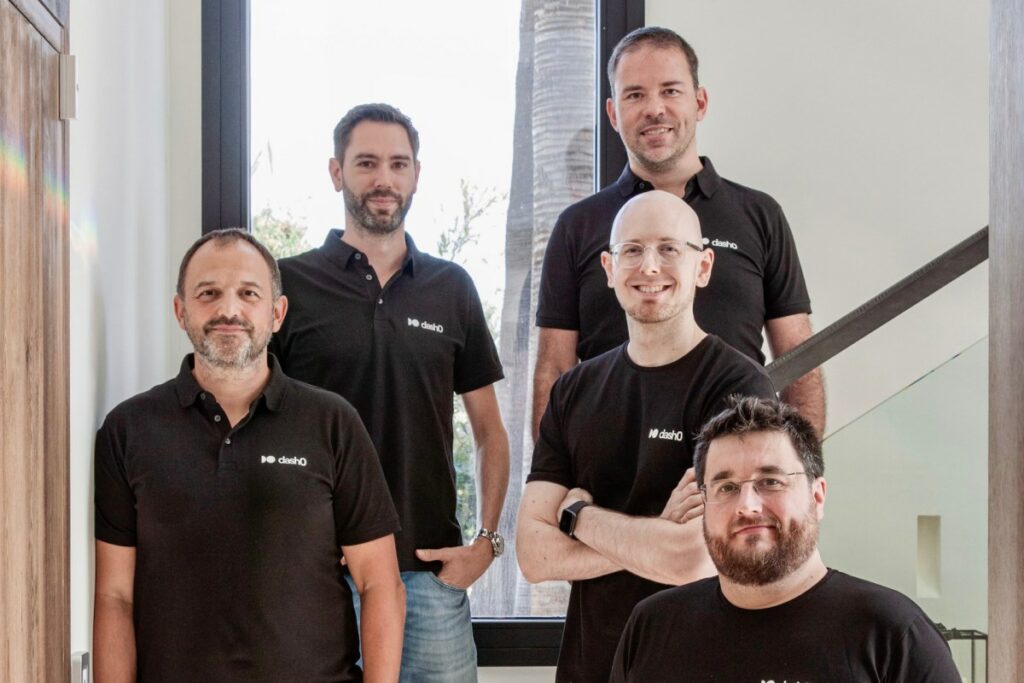The end of zero-interest rates has driven companies to look for savings wherever they can, but one area continues to be a major budget drain. Observability — collecting and understanding data and systems — typically remains an organization’s second-highest cloud expenditure, right after cloud provisioning itself. People have even gone so far as to talk of an observability cost crisis, underscored by anecdotes like Coinbase spending $65 million on its Datadog bill.
And why is observability so pricey and important? Complex cloud architectures and microservices are here to stay, and with security issues and service outages all too common, ops teams need observability data to keep systems running.
Now a startup called Dash0 is launching to address the cost issue — if not by being cheaper, then by at least making buying and paying for their services easier.
Dash0 — pronounced “Dash-zero” — is a Datadog competitor whose pitch doesn’t revolve around drastically lowering observability costs. Founder Mirko Novakovic (left in the picture above), still expects companies to spend 10% to 20% of cloud costs on this budget item. But he and his team want to improve transparency, both in terms of pricing and of observability itself.
Dash0 says it can do this by way of how it’s built, by fully leveraging the open-source observability framework OpenTelemetry (aka OTel), Novakovic told TechCrunch, which includes a feature called Semantic conventions that allows someone, “at any given time, [to] see exactly which service or which developer or which application creates how much cost on the observability side,” he said.
There are other companies, such as Signoz, that describe themselves as OTel-native, but Dash0’s positioning has resonated with investors. It raised a $9.5 million seed funding round led by Accel, with participation from Dig Ventures, the investment firm of MulesSoft founder Ross Mason.
Novakovic’s track record may have also helped. His previous company, Instana, also backed by Accel, was acquired by IBM at the end of 2020 for $500 million, a price that has never been publicly disclosed before now. Several other Instana alums are also now part of the Dash0 team.
If Dash0 is built on OTel, it’s also trying to improve it. The framework has actually been around since 2019, but “it is not that easy to use at the moment,” Novakovic said. “Vendors have to do a lot of work in making sure that it gets at least as easy as installing a Datadog agent. That’s where we are still lagging behind the proprietary folks.”
As a company, Dash0 hopes to unlock OTel’s benefits — vendor-agnostic standardized data — but with an intuitive UI, dashboards, and integrations with Slack, email and other tools. Its initial target customers are companies that have between 50 and 5,000 employees.
The company is now launching publicly, but it won’t heavily invest in sales and marketing until it is sure it has hit product-market fit. In the meantime, Novakovic said, its resources will go towards growing the tech and product side of its team, which now consists of 21 people, of whom 19 are engineers, all working remotely.
Its next 10 hires will also include a developer relations specialist who will also contribute to driving the adoption of OpenTelemetry as a solid alternative to proprietary options. On that front, the company intends to work with other OTel-related startups while making sure that “missing parts” like dashboards and query languages fall into place with projects like Perses and PromQL. “That’s a community effort together with the customers,” Novakovic said.


